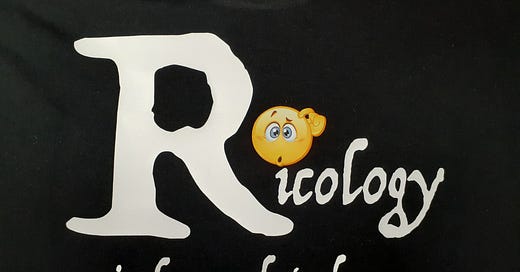it's only taxpayer money
If one thinks about things, the Constitution has inconsequential as well as consequence written throughout the document. And one of the consequential aspects; the power of taxation. Except, the problem with such is the Framers, and for whatever reason, did not feel the need to correlate a distinction between spending and taxing even though they knew spending would entail taxing to pay the bills created through uncontrolled spending. A vicious cycle! Although, in the process, they left a specific power to those who were supposed to represent by giving them control of the purse strings. But they also empowered WE THE PEOPLE with term limits built into the Constitution. That, if a bad one gets elected, the people could then vote them out. Representatives: every two years (think purse spending); Senators: every six years (can’t spend what the house doesn’t allow?); President; every four years. The caveat: Representatives, as the name implies, are elected by the people to protectively represent the people, whereas Senators, on the other hand, were originally appointed by State legislatures to protect State’s Rights, except that changed with the 17th Amendment (April 8, 1913). State citizens were then given the power to elect, not legislatures to appoint. And if one considers having pulled the power away from State legislatures, it centralized power even more, begging: When the 17th passed who were legislators actually looking out for?
But taxation: The Congress shall have Power To lay and collect Taxes, Duties, Imposts and Excises, to pay the Debts and provide for the common Defence and general Welfare of the United States; but all Duties, Imposts and Excises shall be uniform throughout the United States; (Article I/Section 8/First Clause). And in the early formative days after the Constitution was ratified, tariffs, excise taxes (think alcohol and tobacco vices) were some of the modus operandi. You know: War is hell. The American revolution had to be paid for, and the Articles of Confederation left little room for an inept Congress to collect.
So, tariffs and taxing, except: No Tax or Duty shall be laid on Articles exported from any State (Article I/Section 9/Fifth Clause). Meaning the government cannot collect taxes on items leaving a State but can only collect tariffs on items being imported to the States. So, outside of taxing purchasable items by the average citizen, which also has a detrimental effect on those less fortunate, taxing and tariffs are the easiest forms of creating revenue, while increasing spending opposed to reducing spending, thus lessening taxing. But damn it all to hell: No Capitation, or other direct, Tax shall be laid, unless in Proportion to the Census or enumeration herein before directed to be taken (Article I/Section 9/Fourth Clause). But what a pain in the ass that would be without a department thereof and allowing Congress the ability to write law so convoluted its mind-numbing taxing.
Only, in life, there are multiple ways to skin that cat: The Congress shall have power to lay and collect taxes on incomes, from whatever source derived, without apportionment among the several States, and without regard to any census or enumeration. Where the sixteenth amendment (February 3, 1913) opened the door, allowing the government a free-for-all spending spree. And if dates are important, both the 16th and 17th amendments should reflect the importance of understanding intent and consequence: Think WWI in 1914. But the ability to tax income in 1913 would not be the first. That would go back to the Civil War but also brings us to today and political posturing. And if one reads the Constitution, they’ll find the powers mentioned above apply to the Congress, not the president. And yes, there is one thing certain about the Framers. Even though they would have made George Washington a king after the Revolution, by the time they ratified the Constitution, any thought of a kingship had evaporated like Congress spending taxpayer money. Thus, while tariffs can be a good thing, they also must be fair, including the desire to tax. But in tariffing and taxing, shouldn’t spending be just as crucial a control? Except, there is another nemesis built into the Constitution: To borrow Money on the credit of the United States; (Article I/Section 8/Second Clause). Only, the ability to borrow isn’t limited to the house. And when it comes to amending the Constitution: Maybe a spending restraint on Congress would be a good thing.



